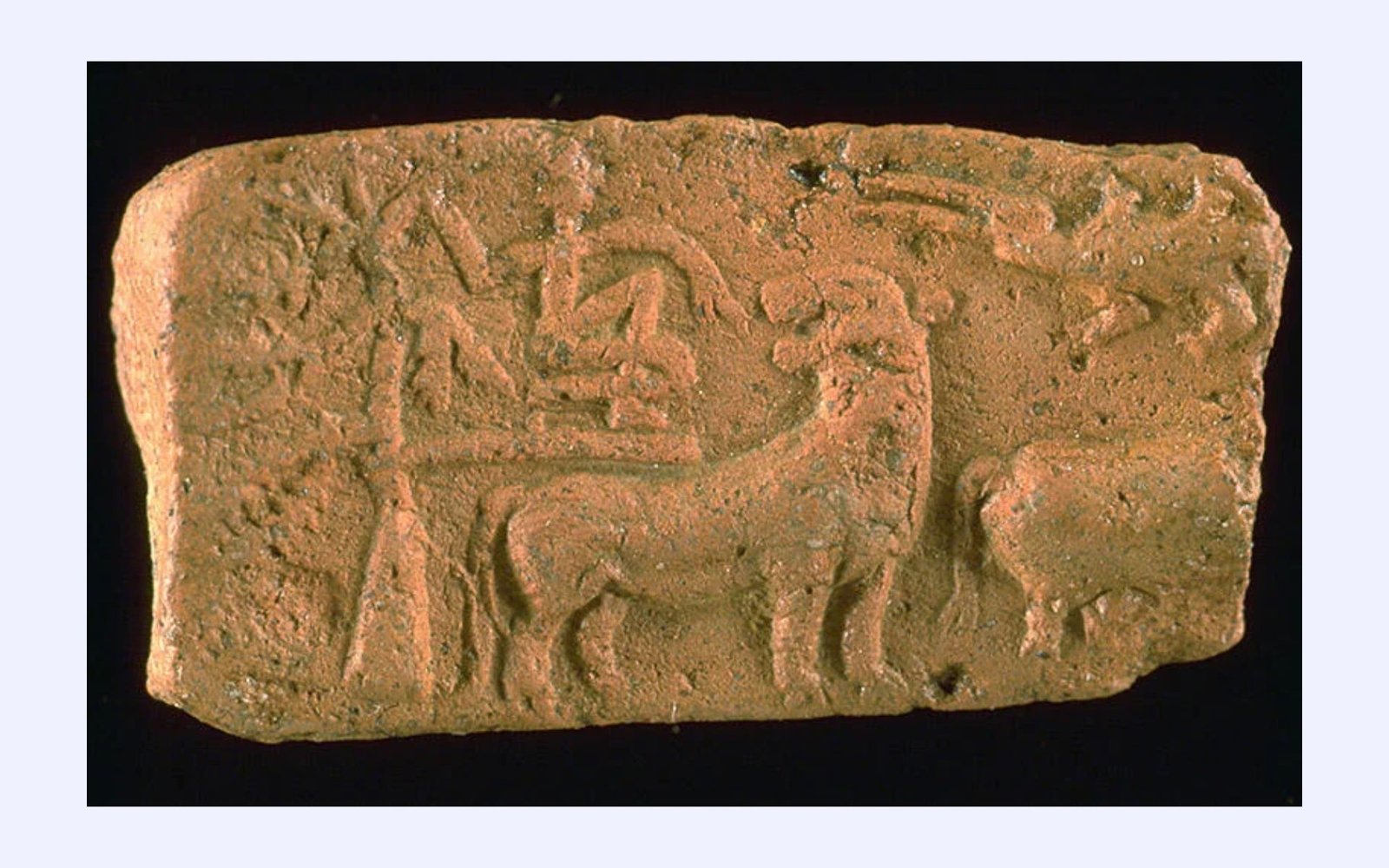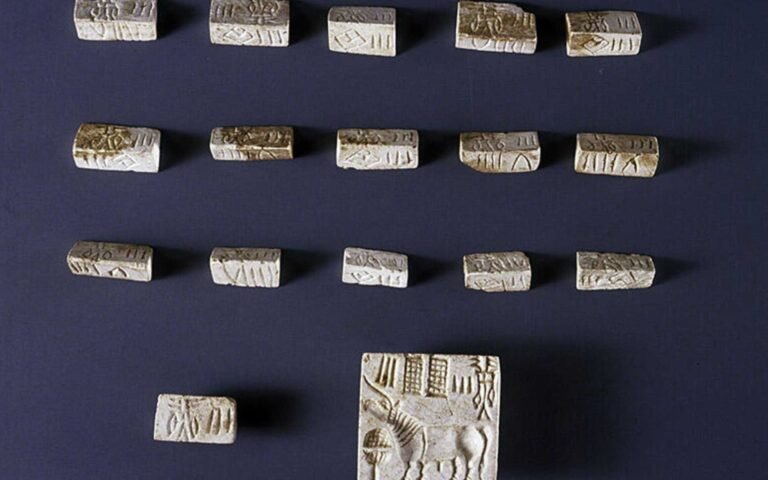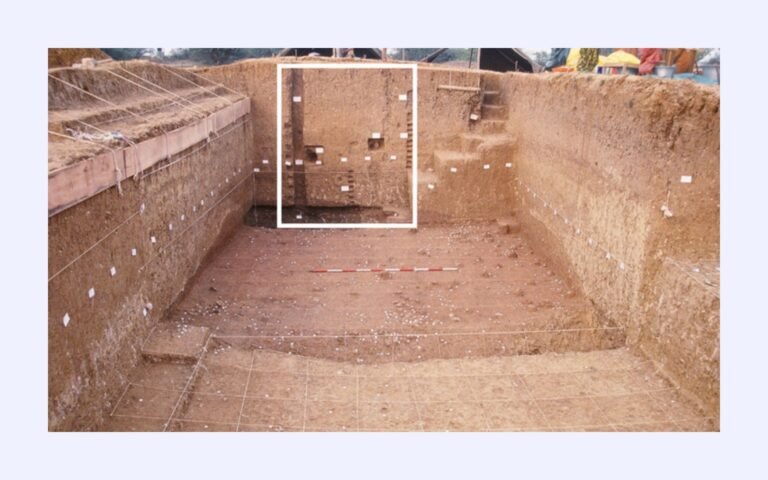The festival of Mahashivratri, which is to be celebrated on Feb 26, 2025, has a much older origin in the ancient Indian civilization than earlier thought. The origin story of Mahashivratri, which is of a man dropping “Bilva” leaves on a Shivling while being chased by a Tiger, was found on multiple Harappan Seals.
The Origin Story of Mahashivratri
The origin story of Mahashivratri has been consistent once since the dawn of civilization, although with minor changes. The legend has been intact from the Harappan times to the current age.
The Origin of Shivratri, also known as Mahashivratri, is from a legend where a man, upon being chased by a Tiger in the forest, climbed up a tree. The man was forced to spend the entire night hanging on a branch as the tiger patiently waited to eat him. If he slept, he risked falling to the ground to his death.
To prevent him from sleeping on the tree branch, the person decides to count leaves by plucking them one by one and dropping them below.
After the entire night, the tiger went away, giving the man an opportunity to escape.
Sindhu-Saraswati Seals Showing Mahashivratri’s Legend
There are at least 18 seals from the Sindhu Saraswati Civilization (Harappa) that clearly depict the origin story.
Tablet H2001-5075/2922-01
Below is a molded terracotta tablet (H2001-5075/2922-01) excavated from the site of Harappa by Dr. Gregory L. Possehl, depicting the story. Here, a human has been depicted on top of a branch, being chased by a big cat, possibly a Tiger (it’s not a Lion because of its lack of mane). On the top right side, there is a crocodile, which indicates that this tree branch is above a lake. On the bottom right, there is a cattle, presumably a water buffalo.

Seal (Mackay 1937-38, Pl. XCVI.522) from Mohanjodaro
The second relief is present on a seal excavated from Mohanjodaro showing the same story.

Seal (Mackay 1943: Pl. LI.18) From Chanhu-daro
Another seal excavated by Possehl also indicates the same story with a man on a branch and a tiger below.

About Mahashivratri
Mahashivratri is a festival dedicated to God Shiva where devotees keep a fast and pray throughout the night while offering “Bilva” leaves on Shiva Linga.
Devotees also keep “Sanjam,” where they take a bath and clean their houses, do puja, and some also keep a fast. Offerings include fruits, “Dhatoora” flowers and fruit, Bilva leaves, and similar objects.
On the night of the puja, a whole night wake is organized, usually in a temple.
The next day, a donation is given to priests who have helped them with the entire puja.



